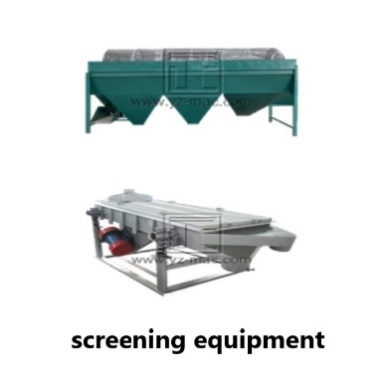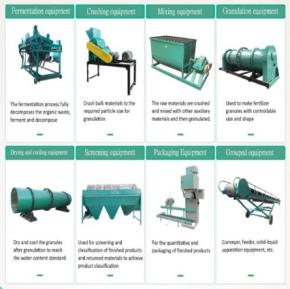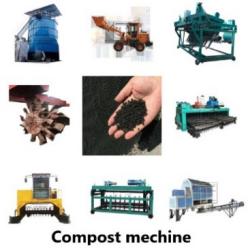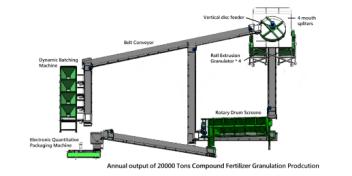Compost screener
A compost screener, also known as a compost screening machine or trommel screen, is a specialized equipment used to separate larger particles and debris from the finished compost.
Importance of Compost Screening:
Compost screening plays a crucial role in improving the quality and usability of compost. By removing oversized materials, rocks, plastic fragments, and other contaminants, compost screeners ensure a refined product that is suitable for various applications. Screening helps create a consistent compost texture, enhances nutrient availability, and facilitates easier application and handling.
Types of Compost Screeners:
Trommel Screens:
Trommel screens are cylindrical drum-like machines with perforated screens. As the compost is fed into the drum, it rotates, allowing the smaller particles to pass through the screen while larger materials are discharged at the end. Trommel screens are versatile and commonly used in medium to large-scale composting operations.
Vibrating Screens:
Vibrating screens consist of a vibrating surface or deck that separates compost particles based on size. The compost is fed onto the vibrating screen, and the vibration causes smaller particles to fall through the screen, while larger particles are conveyed to the end. Vibrating screens are effective for smaller-scale composting operations and offer high screening efficiency.
Applications of Compost Screeners:
Agriculture and Gardening:
Compost screeners are extensively used in agriculture and gardening to produce refined compost suitable for soil amendment. Screened compost ensures a consistent particle size, making it easier to spread and incorporate into the soil. The screened compost enriches the soil with organic matter, improves nutrient availability, and enhances soil structure, leading to healthier plant growth.
Landscaping and Turf Management:
Compost screeners play a vital role in landscaping and turf management projects. Screened compost is used to topdress lawns, sports fields, and golf courses. The fine texture of the screened compost ensures an even application, improves soil health, and promotes a lush, green appearance.
Potting Mixes and Nursery Applications:
Screened compost is an essential component in potting mixes and nursery applications. It provides organic matter, improves moisture retention, and enhances nutrient content in growing media. Compost screeners ensure the production of fine-grade compost that meets the quality standards required for potting mixes and nursery plant production.
Erosion Control and Land Rehabilitation:
Screened compost is utilized in erosion control and land rehabilitation projects. It is applied to eroded areas, construction sites, or disturbed soils to promote vegetation establishment and stabilize the soil. The refined compost helps prevent soil erosion, improves soil structure, and aids in the restoration of degraded land.
Conclusion:
Compost screeners play a vital role in enhancing the quality of compost by removing larger particles and debris, resulting in a refined product suitable for various applications. With different types of screeners available, they offer versatility and efficiency for composting operations of different scales. From agriculture and gardening to landscaping and land rehabilitation, compost screeners contribute to sustainable practices by ensuring high-quality compost for soil improvement and plant health.








